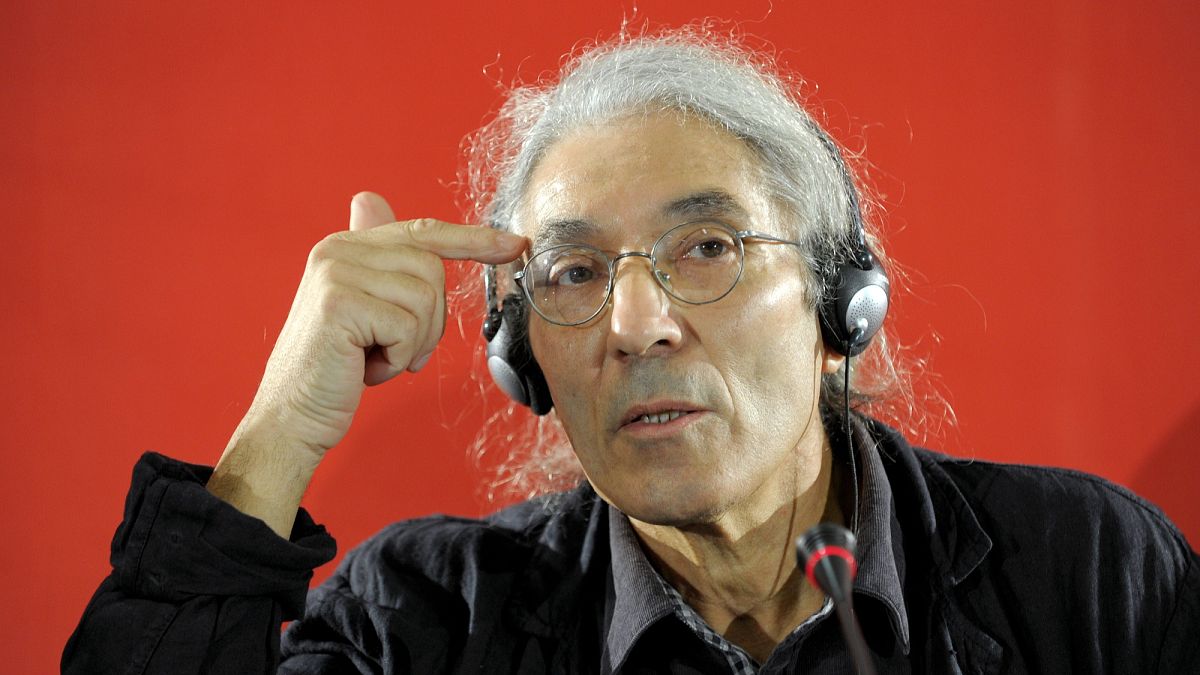

In an era of ever-evolving political and social landscapes, recent events across various countries highlight the intricate and often challenging dynamics at play. The following accounts from Algeria, Hungary, Pakistan, and Turkey illustrate distinct yet interconnected narratives centered on freedom, human rights, and social coexistence.
In Algeria, the case of Franco-Algerian author Boualem Sansal underscores ongoing concerns regarding freedom of expression. An Algerian court has recently upheld a five-year prison sentence for the renowned writer, a situation that has sparked international attention and provoked a unified response from European lawmakers advocating for his release. This development coincides with Algeria’s Independence Day, presenting a poignant moment for President Abdelmadjid Tebboune, who has the authority to grant Sansal a pardon. Advocates for Sansal hope for a resolution that affirms the importance of creative and expressive liberties.
Turning to Hungary, the Budapest Pride event emerged as a significant expression of support for the LGBTQ+ community, drawing over 100,000 participants despite a governmental ban. Prime Minister Viktor Orbán’s administration had prohibited the gathering, prompting diverse political entities to utilize the massive turnout as an opportunity to further their agendas. The unity and peaceful demonstration during Budapest Pride reflect a broader global movement toward inclusivity and equality, reminding all participants of the ongoing journey towards societal acceptance and diversity.
In Southeast Asia, Pakistan faces a delicate humanitarian issue concerning Afghan refugees. With a deadline looming for mass deportations, Pakistani officials are contemplating an extension to provide refugees additional time to manage their personal affairs before returning to Afghanistan. This approach emphasizes an orderly and dignified transition, allowing individuals to settle property transactions and conclude business activities. The tentative decision marks an effort to balance the rule of law with compassion and respect for human dignity during a period of significant transition for many Afghan families.
Meanwhile, in Turkey, tensions have risen after controversy surrounding a cartoon published by the satirical magazine LeMan. Allegations that the magazine depicted the prophet Muhammad have led to significant unrest, with police deploying measures such as rubber bullets and teargas to disperse protesters in Istanbul. The incident, ignited by a prosecutor’s order for the arrest of the magazine’s editors, underscores the sensitive balance between freedom of the press and respect for religious sentiments. LeMan’s editor-in-chief has addressed these accusations, arguing that the image was misinterpreted, highlighting the complexities inherent in navigating artistic expression and cultural sensitivities.
These diverse yet interrelated stories from Algeria, Hungary, Pakistan, and Turkey reflect a broader global narrative where human rights, freedom of expression, and the quest for social equity continue to evolve. While challenges remain, the ongoing dialogue and advocacy for positive change signify hope for progress and understanding in a complex world.
Source: {link}
